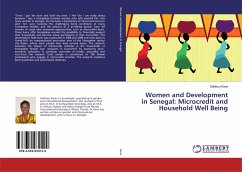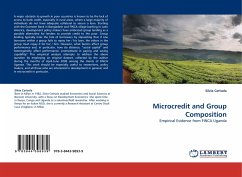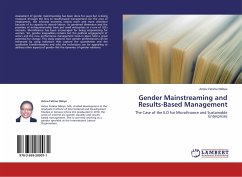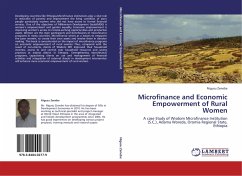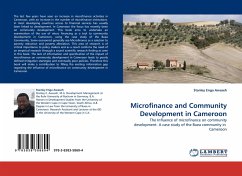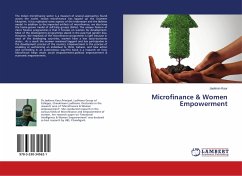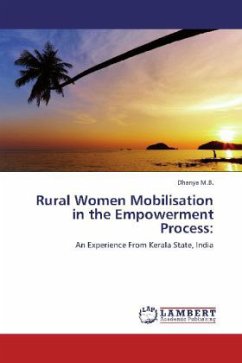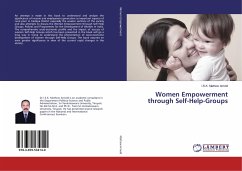"Since I got the loan and built my oven, I feel like I am really doing business," says a Senegalese business woman who sells smoked fish. Like many women in Senegal, she has been a beneficiary of microcredit loans to start her own business. The challenging living conditions of many Senegalese families, and the absence of a providing spouse, have led women to covet new economic opportunities, such as microcredit loans. These loans offer Senegalese women the possibility to financially support their households and become active participants in their economies. This dissertation's field-work was conducted in 2008 and 2009 and took place in Grand-Yoff, an overpopulated peri-urban area of the Senegalese capital city Dakar, where most people face daily survival issues. The research examines the impact of microcredit activities in the households of Senegalese female loan recipients in Grand-Yoff by examining socio-economic indicators, in particular outcomes of health, education and nutrition. The research total sample is constituted of 166 female participants who engage in microcredit activities. The research combines both qualitative and quantitative methods.
Bitte wählen Sie Ihr Anliegen aus.
Rechnungen
Retourenschein anfordern
Bestellstatus
Storno

